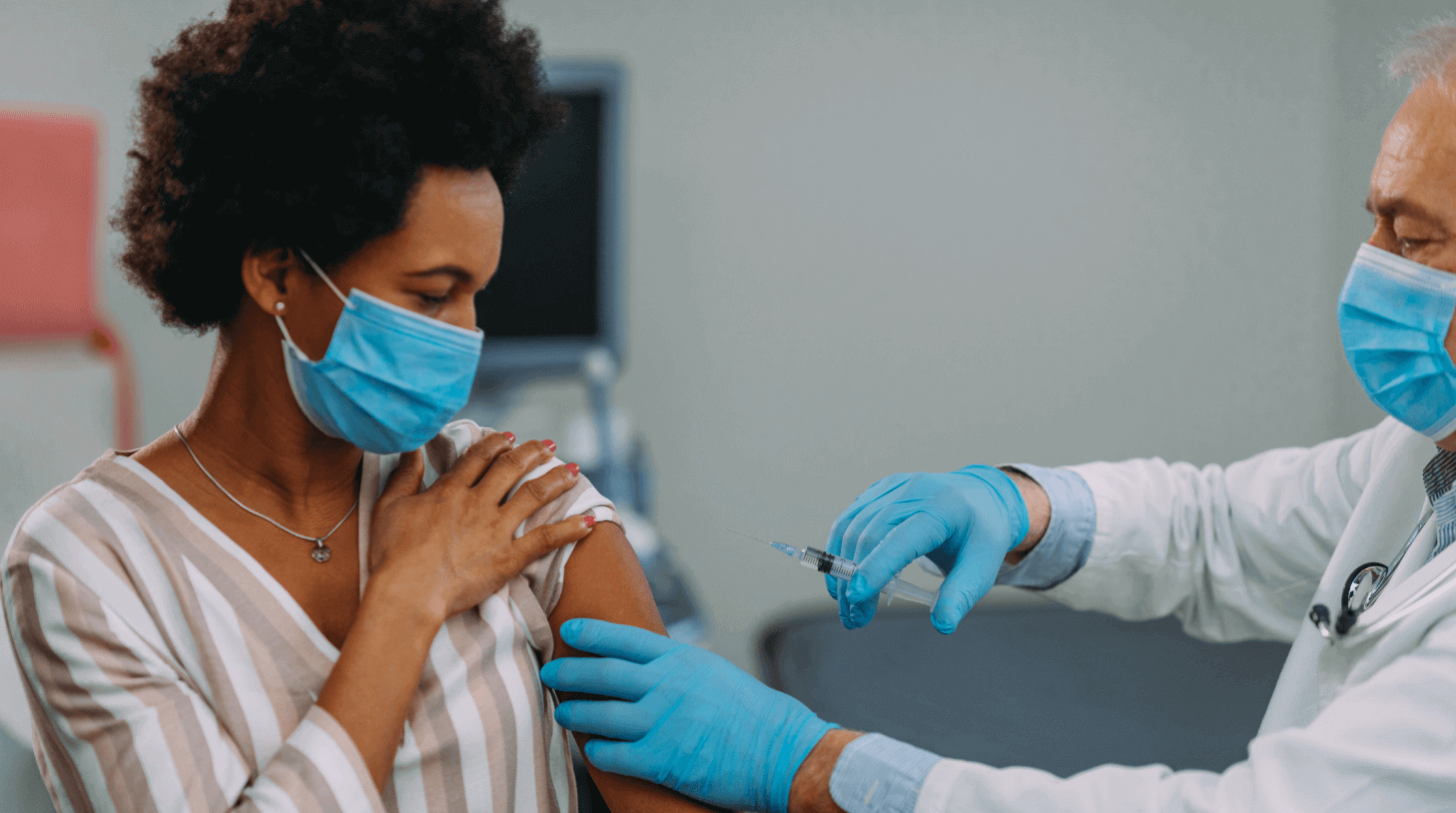US Supreme Court’s mixed ruling on vaccine mandates: What do you do now?
By now, you know the US Supreme Court’s decision on the proposed vaccine mandate – and you’ve come here looking for clarity and answers on what you can do as an employer. We invited 'The Employer's Lawyer', Janette S. Levey, to share her expert guidance on the new developments.

The US Supreme Court handed down its vaccine mandate ruling on Thursday, January 13, based on a consolidation of two cases, in which it appeared as the saying goes, to “split the baby”.
Here, in a nutshell, are the rulings on each case:
In Biden v Missouri, the Supreme Court held that the US Department of Health and Human Services (HHS) does have the authority to require all health care workers at institutions that receive Medicare and Medicaid funding to get COVID-19 vaccinations, unless they get medical or religious exemptions. If they fail to do either, then they could be fired.
Perhaps the more talked-about case, National Federation of Businesses et al v Department of Labor, Occupational, Health and Safety Administration (OSHA) et al, led to the opposite conclusion. The OSHA mandate required that employers with at least 100 employees had to require their employees to either receive COVID-19 vaccines or test weekly and wear masks.
Why such diametrically opposite rulings for such similar mandates? It all came down to whether the entity in question had the authority to mandate the vaccine. Regarding the OSHA mandate, the Court ruled OSHA did not have the authority, because, the Occupational Safety and Health Act (which created the OSH-Administration) “empowers the Secretary [of Labor] to set workplace safety standards, not broad public health measures.”
The Court further reasoned that “Although COVID-19 is a risk that occurs in many workplaces, it is not an occupational hazard in most … COVID–19 can and does spread at home, in schools, during sporting events, and everywhere else that people gather. That kind of universal risk is no different from the day-to-day dangers that all face from crime, air pollution, or any number of communicable diseases.”
Therefore, per the Court’s reasoning, the OSHA mandate would “significantly expand” OSHA’s authority beyond the limits set by Congress in the OSH-Act.
While multiple states argued that DHHS did not have the scope to issue such a mandate, the Court noted that “healthcare facilities that wish to participate in Medicare and Medicaid have always been obligated to satisfy a host of conditions that address the safe and effective provision of healthcare, not simply sound accounting.”
How then, does the US Department of Health and Human Services have the authority to issue and enforce a similar mandate? In this case, the Court cited funding requirements. The hospitals in question receive Medicare and/or Medicaid funding. The DHHS has always had authority to set conditions both for funding and for “the safe and effective provision of healthcare”.
So what do you do as an employer now?
What do these rulings mean for employers? Unless your business is a hospital receiving Medicare or Medicaid funding, the ruling in that case (Biden v Missouri) will have no impact.
Similarly, if your business has fewer than 100 employees, neither ruling impacts your business.
If you are an employer with more than 100 employees, then your business is no longer subject to the OSH-Admin mandate.
That does not mean that you do not have an obligation to take reasonable steps to protect your employees from COVID exposure. Vaccination or other safety protocols might well be necessary to achieve those ends, in which case you might still be obligated to take the same measures, but OSHA will have to jump through more hoops if it wants to take action against your company on that basis.
Need more support? Check out our mandatory vaccination and workplace safety policy template, which is free for you to use and customize for your own organization.
Janette S. Levey, ‘The Employer’s Lawyer’, has over 20 years of legal experience, more than 10 of which she has spent in Employment Law. She is licensed in NJ and NY and also works with employers anywhere in the country on any federal employment law issues to ensure that employers are in the best position possible to avoid litigation, audits, employee relations problems, and the attendant, often exorbitant costs. Feel free to visit Janette’s website or to contact Janette by email, [email protected] or phone, 732-902-0728.



